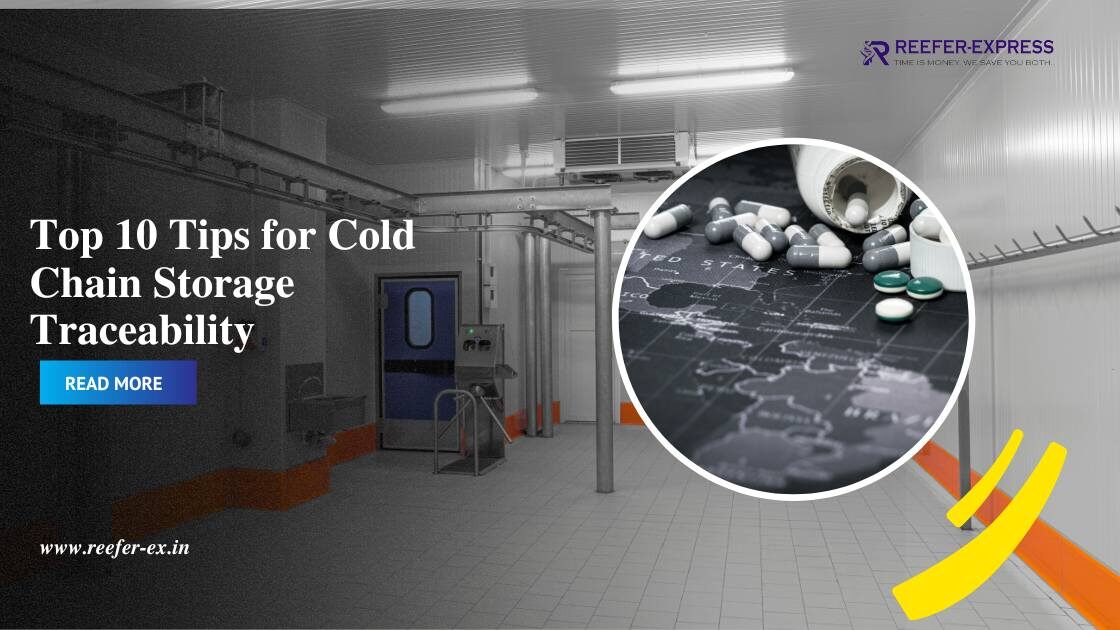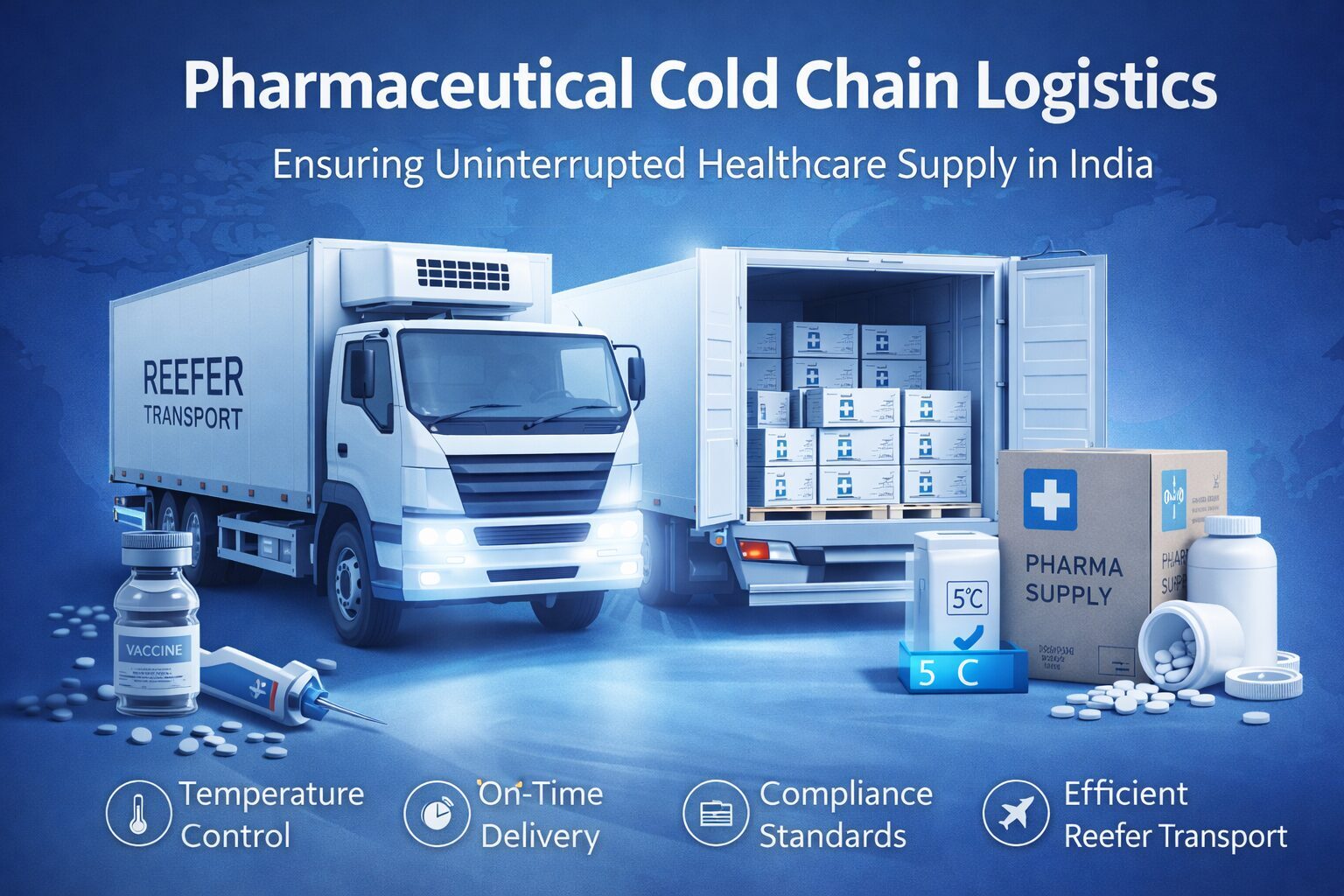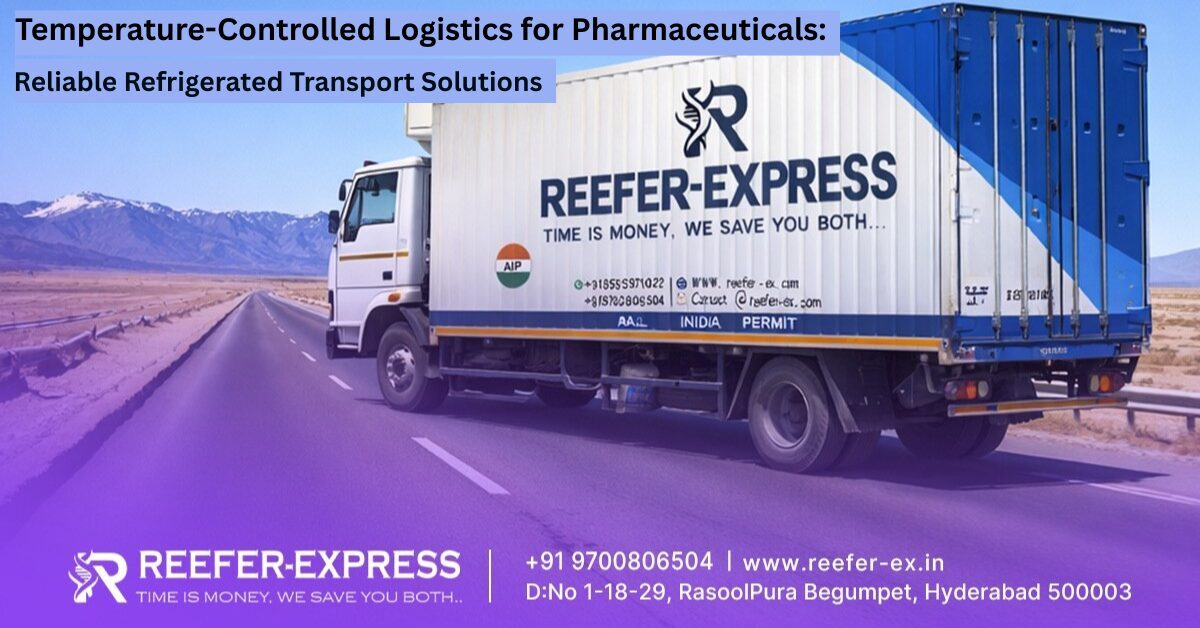The cold chain is a series of steps that must be followed to ensure the safe transportation and delivery of your products. Traceability plays a vital role in the health care and food industry, and even more so when it comes to cold storage. The traceability component lets you know where each item goes, which can only help with both customer service and safety on the board!
The worldwide average for product spoilage is 13.8%. North America and Europe have an even higher number at 15%, while Central/Southern Asia tops this list with 20% lost due in part to poor management or lack thereof within distribution channels.
A great deal can be done to prevent these losses through appropriate storage conditions such as maintaining proper temperatures during transport which would otherwise result in the breakdown of delicate pharma products.
It is essential to have a plan in place for when things go wrong so that you can take corrective action immediately and avoid any costly delays further down the line.
Tips on How To Improve Traceability Within Your Cold Storage:
Here are a few tips on how you can better manage your inventory and keep track of your products:
1. Define what needs to be traced
The first step is always to determine what needs to be traced. In the case of cold storage, this means understanding what types of items are being stored and their requirements. Do they need to be kept at a certain temperature? What is the maximum and minimum amount of time they can be stored?
2. Use technology That can resist cold temperature
Shipping containers are equipped with technology that lets them be tracked from the moment they leave a port until their arrival at your doorstep. This helps guarantee freshness, and reduce congestion in shipping yards and fuel costs for businesses who use this system by avoiding unnecessary stopovers along routes between factories or distribution hubs – all while making sure you receive what’s ordered on time!
3. Monitor and document conditions
It’s important to keep track of the conditions products are being stored in, such as temperature and humidity. This data can be easily captured using sensors which can then be monitored via a software solution. Not only does this give you complete visibility of your products and inventory, but it also provides a historical record that can be used to improve conditions for future shipments.
4. Set up alerts
In addition to monitoring conditions, you should also set up alerts that notify you if something goes wrong. This way, you can take action immediately to prevent any damage to your healthcare products.
5. Implement a system of checks and balances
Last but not least, it’s important to have a system in place that provides checks and balances. This means having someone responsible for monitoring the conditions of products and another person who checks that the first person is doing their job properly. This way, you can be sure that your items are always being stored under the ideal conditions.
6. Employ RFID Tracking Tags to Indicate Outcome Credibility
RFID tags are a great way to ensure that your products stay in compliance with all government protocols. They can also provide data for regulatory authorities who need proof of the safety of what you’re selling, making them even more reliable than ever! RFID tags make an easy way to keep track of product outcomes, and with this data, it’s easier than ever to improve your cold storage conditions.
7. Use GPS Tracking for a Comprehensive View of Your Assets
GPS tracking can be used in cold chain logistics to provide a comprehensive view of all your assets. By using GPS trackers, you can monitor your supply chain products’ progress from the time they leave the factory until they reach their destination. This information can be used to improve your cold storage conditions and overall logistics process.
8. Implement an Automated System for Improved Accuracy
Automated temperature control systems are the best way to ensure that your sensitive products are stored at the correct temperature. These systems can be programmed to maintain a certain temperature range, and they will automatically adjust the temperature accordingly. This way, you can be sure that your pharma products are always stored at the ideal temperature, preventing any delays or damage.
By automating the process of data collection, you can eliminate the need for manual input, which can often be error-prone. In addition, an automated system can also provide real-time data that can be used to make decisions about your healthcare items and cold storage conditions.
9. Use Data Loggers to Collect Valuable Data
Data loggers are a great way to collect data about your pharma supply chain and cold storage requirements. These devices can be placed in any number of locations, and they will automatically record the temperature and humidity levels. This data can then be downloaded and analyzed, providing valuable insights into your pharma logistics process.
10. Review Your Data Regularly to Improve Your Process
It’s important to review your data regularly to ensure that you are making the best possible decisions about your cold chain storage. By analyzing your data, you can identify areas where improvements can be made. In addition, reviewing your data on a regular basis will help you spot trends and patterns that may not be apparent otherwise.
11. Invest in a Cold Chain Ready WMS
Warehouse management systems (WMS) are an essential part of the cold chain logistics system. A WMS can help you keep track of your cold chain products, as well as the storage conditions. In addition, a WMS can also help you automate and optimize your logistics procedure.
It’s important to remember that pharma logistics is a complex process, so it’s essential to have a plan in place for when things go wrong. By following these tips, you can be sure that your products are always safe and sound – no matter what the temperature is outside!
Conclusion
Pharma logistics is the process of transporting and storing pharmaceuticals and other products. This can be a complex process, as these products must be kept at a certain temperature to remain effective. pharma logistics involves ensuring that these products are stored and transported under the correct conditions, as well as keeping track of their progress from the time they leave the factory until they reach their destination.
Cold Chain Logistics Services By Reefer Expres
Reefer Express is a leading provider of cold chain logistics services. We have a proven track record of providing our clients with the highest quality of service and support. Our team of experts can help you design and implement a pharma logistics solution that meets your specific needs. Contact us today to learn more about our services!






